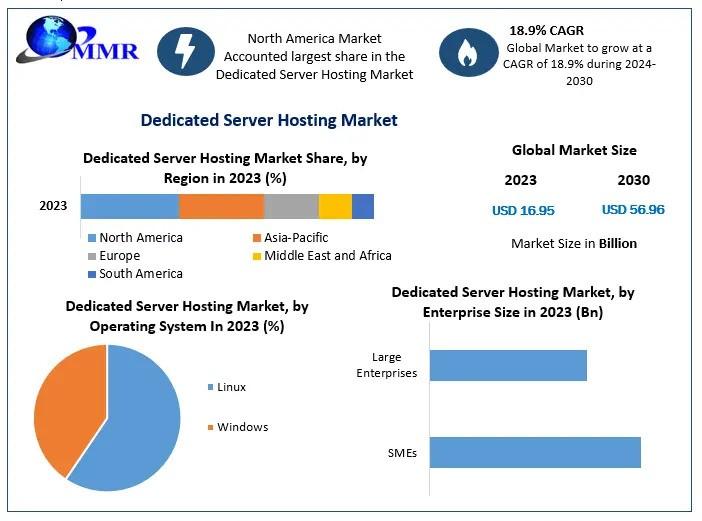Wading through a deluge of information, organizations grapple with a formidable task— managing, analyzing, and deriving insights from large pools of data. Big data, as it’s called, presents unique challenges yet, nestled within its complexities, lie golden opportunities. To unlock these opportunities, organizations have turned to a potent tool: dedicated servers.
A dedicated server is a remote server committed to a single organization, providing exclusive resources and avoiding the shared nature common in other hosting solutions. It’s akin to having your personal supercomputer, ready to unleash its full potential on tasks thrown at it. In the realm of big data processing, this potential is realized in three main ways: performance, security, and control.
Firstly, performance takes precedence in big data. Processing large volumes of data calls for significant computational power, and dedicated servers provide just that. With exclusive access to processing power, memory, and storage, these servers eliminate the potential bottlenecks caused by shared resources. For organizations swimming in data, this means reduced latency and swift processing times, essential factors in making timely decisions and delivering services effectively.
Secondly, in a world where data breaches and cyber threats are not unusual, security remains a paramount concern. Dedicated servers offer a fortified defense line. With a single user environment, there are fewer vulnerabilities to exploit, and coupled with customizable security settings, organizations can build their virtual fortress tailored to their specific needs.
Thirdly, control and customization form the backbone of dedicated servers. Flexibility in server configurations allows organizations to optimize their servers for big data tasks. Whether they need to prioritize storage, computational power, or memory, they have the liberty to tweak and tune their servers for maximum efficiency.
For organizations that prefer not to invest in the capital costs associated with owning and maintaining a server, a dedicated server for rent offers an alternative solution. These rental options present an opportunity to leverage the advantages of dedicated servers without bearing the upfront costs. It’s like hiring a professional aide, a specialist who steps in and handles your big data needs, providing the necessary computational horsepower, all for a periodic fee.
The realm of big data processing is vast and complex, and navigating its currents requires resources that are up to the task. Dedicated servers, whether owned or rented, bring the needed muscle and finesse to this challenge. They act as the anchor, ensuring stability, reliability, and speed, creating a pathway for organizations to fully utilize the potential of big data.
To encapsulate, the landscape of big data processing requires not just volume but velocity and veracity. Dedicated servers tick these boxes, delivering high performance, robust security, and control. Whether owned or rented, they allow organizations to harness the power of big data, providing a sturdy vessel in the often stormy seas of data processing. This potent tool stands as a testament to how technical innovations can drive significant transformations, turning the challenges of big data into opportunities.
Summary:
Renting dedicated servers offers a cost-effective alternative, providing computational horsepower without upfront investment. Dedicated servers act as a stable anchor, enabling organizations to fully leverage the potential of big data and turn its challenges into opportunities.
https://techbullion.com/the-role-of-dedicated-servers-in-big-data-processing/






